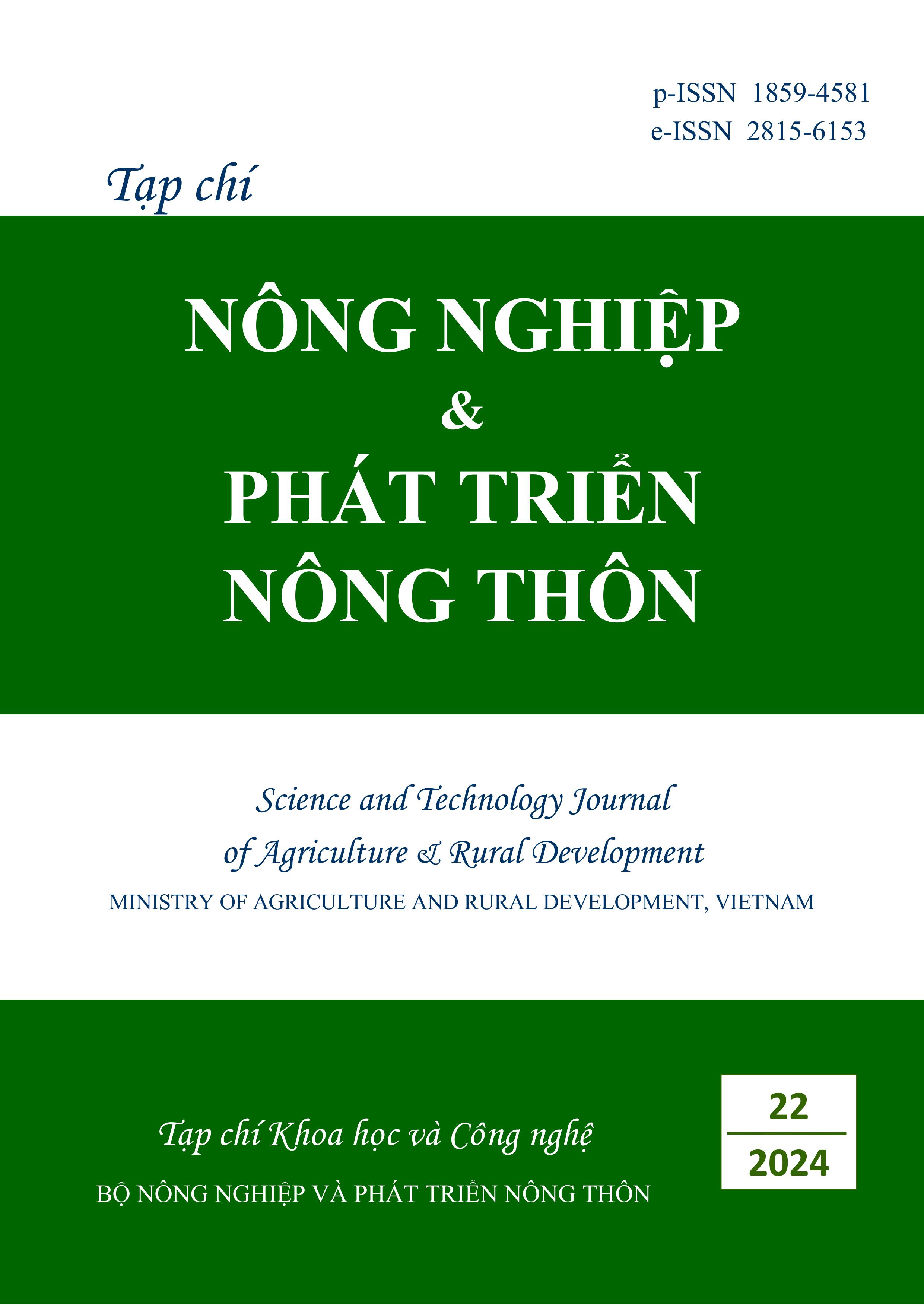Effect of raised-bed ages change on durian soil fertility in the Vietnamese Mekong delta
DOI:
https://doi.org/10.71254/ggjv1v13Keywords:
Soil chemistry, soil profile, durian, raised-bed ageAbstract
The study was to evaluate change on soil morphological and chemical characteristics of three different raised-bed soil cultivated durian. The research was conducted in from January to March 2023. In this study, the age of three raised-bed soils, including 12, 20, 31 years old surveyed. These soil profiles were separated in the different horizons based on the morphology. Soil chemical properties, such as pH, EC, soil organic matter (SOM), available P (AP), total N (TN) and exchangeable cations were analyzed. Results showed that soil profiles were divided four different soil horizons, including A, Ap, Bg, Cr within from 0 to 2 m soil depth. Old raised-bed soil reduced significantly SOM, CEC, AP, TN and exchangeable Ca and Mg in the soil depth of 0 − 30 cm, bring to increase soil acidity. The soil chemical properties of the deeper soil horizons (Ap, Bg, Cr) were not affected by the age of raised-bed. Based on the results of previous studies, farmers should apply organic fertilizer and liming. In addition, soil conservation practices such as weed and leguminous cover cropping or rice straw mulching are considered as optimal strategies for reducing soil degradation and erosion in the topsoil.






